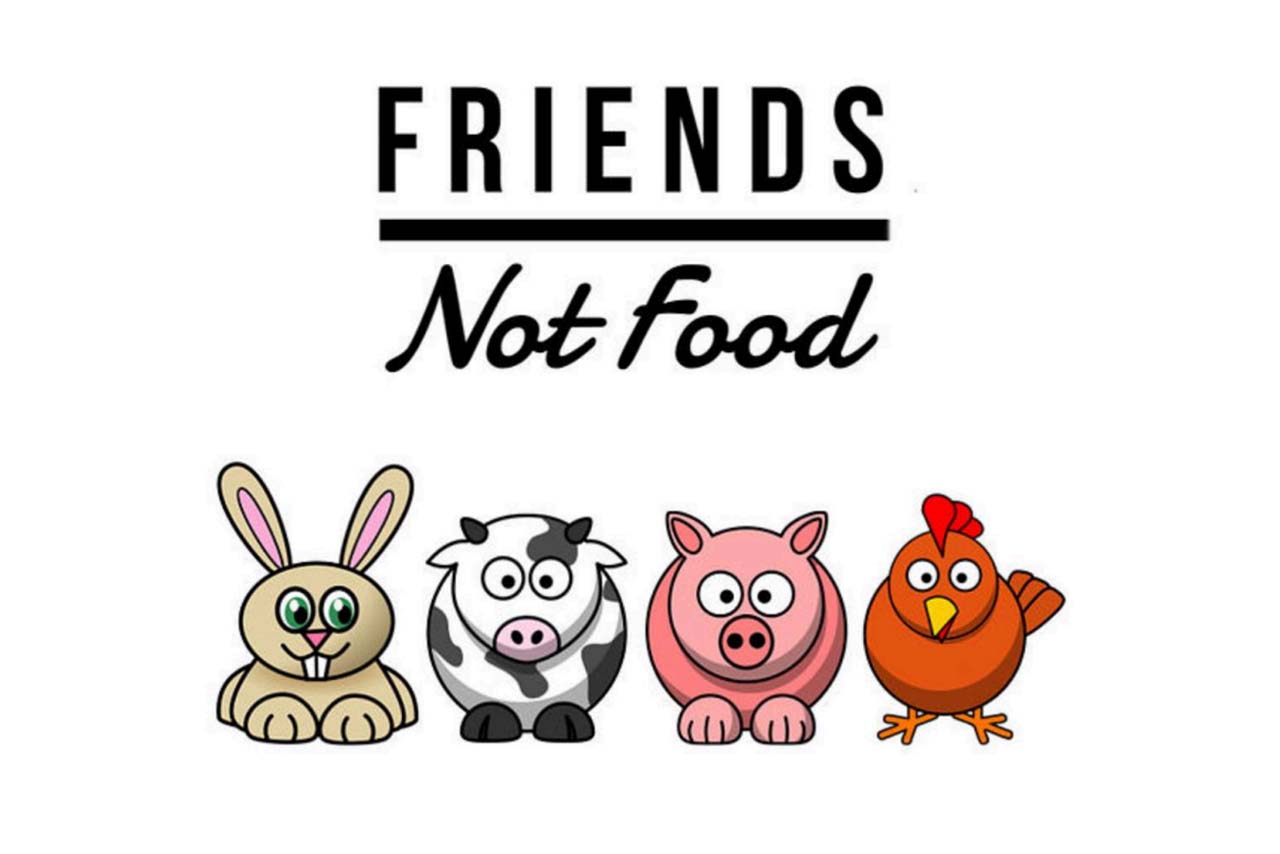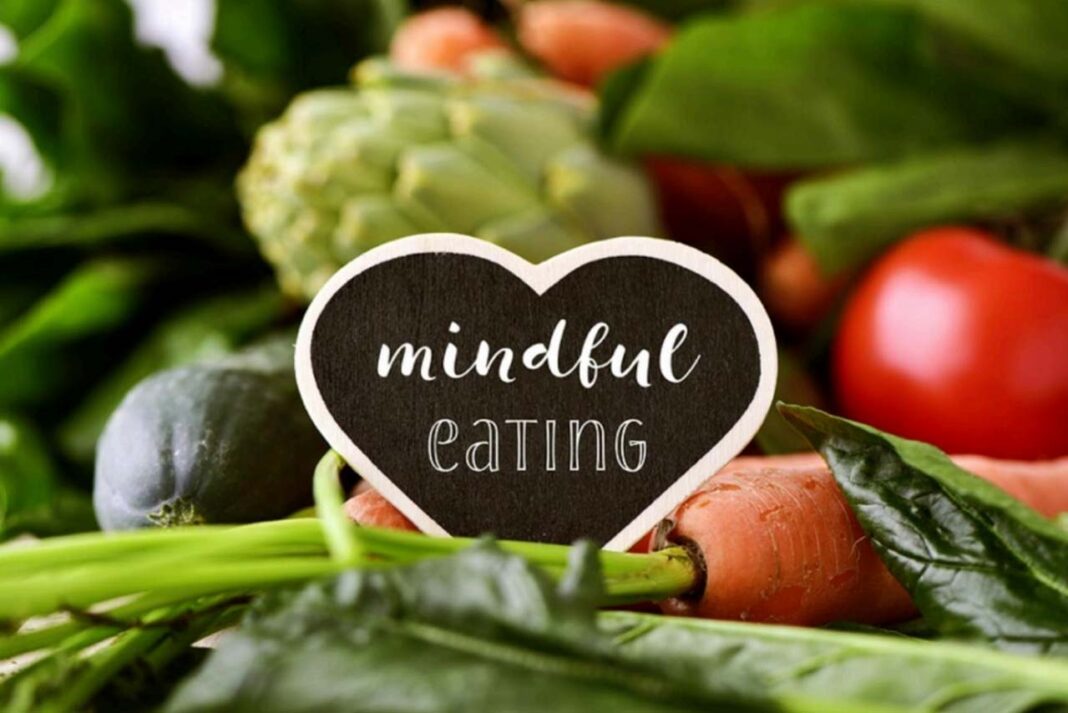Violence is also becoming visible through social media and various news sources. Around the world, countless qualified, sentient beings are being subjected to violence and killed as a result of the demands of some people. The lives of these sentient beings—sometimes treated as food, sometimes as commodities for clothing, cosmetics, and other industries—are actually dependent on human choices.
In other words, if the consumer (demand) changes according to the supply-demand system, the producer (supply) adapts. Ultimately, the market balance shifts. First, people need to realize that they have the power to change everything. Indeed, phrases like “that’s how it’s always been, and that’s how it will stay” are repeated to prevent people from realizing their own power. Those who manage to shape themselves and their habits have the power to uproot even the most entrenched systems in the world.
People often “eat” through repetition of habits and automatically. They don’t question the source of what’s presented to them as food, often implicitly and with fancy names. When confronted with this information, denial mechanisms kick in. Yet, even someone who hasn’t yet questioned the violence on their plate senses something is amiss at an unconscious level.
Findings show that emotional suppression increases sympathetic activation and cardiovascular responses. While individuals with repressive coping may appear calm on the outside, they can face serious health problems in the long run because they can’t process information as it is. This article explores how taking responsibility activates natural reward systems through mindful eating and non-exploitative consumption, creating ethical veganism and wholeness within fragmented personalities.
The Cost of Unconscious Emotions: The Impact of the Unconscious on the Individual
Whenever we question the background of what we eat, drink, and wear, and pursue the truth, we can make our own choices and speak of freedom. We now know that the images of “happy cows and chickens” presented on packaging and in advertisements, or of fish “gladly caught in nets so people can harm them,” are not real.
Although they may be dismembered and given various names, we recognize that the things on our plates are sentient, sensitive beings. We are aware that living beings who—just like humans—form bonds, have families, feel pain and happiness, and desire to live, are killed after being subjected to mental and physical violence. We know that the victims are perfectly alert throughout all of these processes, observing and feeling what they and others are experiencing moment by moment.
Scientific studies show that emotions prevented from reaching consciousness do not disappear; they create a chronic stress burden on the body and nervous system. Repression is related to the constant vigilance of the autonomic nervous system. In the long term, it can lead to depression, psychosomatic pain, and anxiety disorders.
According to psychologist Albert Bandura’s theory of moral detachment, people pay the price by not taking responsibility for their harmful actions. While they may attempt to rationalize their inconsistent actions, the truth remains elusive. Ultimately, they cause both personal and environmental damage and destruction.
For example, when a person tries not to think about the animals’ cries of pain despite knowing that consuming meat or milk is the source of their pain, they devalue the victim. Thus, violence is constantly reproduced, both practically and symbolically.
Eating with Will and Becoming an Architect of Shared Happiness
Social psychologist Rothgerber focuses on the attempts of people who eat animals to conceal their harm through linguistic abstractions, even though they know they are harming them. Sociolinguistically, for example, the expression “eating meat” conceals the truth, as if it were a neutral substance, detached from ethical and emotional context.
Such linguistic abstractions bury feelings of disgust and guilt while legitimizing exploitative acts of consumption. Consequently, those who avoid confrontation often fail to realize that they are the subjects of statements like “the world is a bad place” or “humans are bad.” In fact, there are millions of people in the world who take responsibility for their actions and face the truth.
In other words, such inductions are a way for people to escape themselves, but they never reflect the truth. When we eat mindfully, ensuring that we minimize exploitation as much as possible, positive transformations occur. These practices support both physical and psychological well-being.
In other words, it strengthens dopaminergic regulation by balancing the reward systems and attachment systems (orbitofrontal cortex, ventral striatum). This adds a sense of peace and satisfaction to the act of eating.
Furthermore, according to current studies, plant-based diets strengthen cardiovascular health, support the digestive system, reduce inflammation in the body, and extend lifespan. As can be seen, a simple choice in our lives can have positive and lasting effects on both ourselves and other sentient beings.
In other words, when we embrace a mindful eating and non-exploitative lifestyle, we are choosing a balanced and peaceful state of well-being while taking good care of our own body.
Conclusion: Slow Down, Savor, Feel What You Live and What You Let Live, Transform
We feel hungry. We choose a nutritious, non-exploitative meal of carefully prepared pea protein and tofu. Even at this initial stage, we feel at peace because we are not demanding the bodily output of a sentient being (milk, eggs, etc.) or the killing of an animal that wants to live.
We now know that while the nutritional value of food supports physical health, the sense of inner consistency that comes from making ethical veganism and non-exploitative choices increases dopamine release in the brain’s reward systems.
We experience profound peace and joy with every bite. The activation of the parasympathetic nervous system balances our digestive system, and the body relaxes by reducing stress responses. Thus, a single meal transforms into a feast on a neurobiological level.
Eating a carefully prepared, creative, vegan meal with mindful eating activates mental focus, enhances emotional richness, and becomes an inspiring, holistic experience. Even if we eat the same meal frequently, we can make new discoveries each time.
For example, inspired by a non-exploitative, conscious meal, we can write an article like this. Of course, mindful eating also means breaking free from monotony and consuming a diverse and balanced diet that provides all essential amino acids and nutrients.
Indeed, we must remember that we are sentient beings and maintain mental and physical health to improve the lives of our human and other animal companions.
Ultimately, by freeing ourselves from the illusion that “the world or people are bad” and by taking responsibility, we can create the sensitive and trans-species spaces of solidarity we dream of. A compassionate world can only be built if we, the architects of life, refuse to remain indifferent to the suffering of those whose voices are silenced.

References
-
Pehlivan, M. (2024). Bitki bazlı beslenme: Sağlık ve sürdürülebilirlik etkileri. Türkiye Klinikleri – Beslenme ve Diyetetik Alanında Sürdürülebilirlik (Köksal, E. & Bilici, S., Eds.), s. 32-37. Ankara: Türkiye Klinikleri.
-
Rothgerber, H. (2019). Meat-related cognitive dissonance: A conceptual framework for understanding how meat eaters reduce negative arousal from eating animals. Appetite, 146, 104511.
-
Bandura, A. (1999). Moral disengagement in the perpetration of inhumanities. Personality and Social Psychology Review, 3(3), 193–209.
-
Brewer, J. A., Worhunsky, P. D., Gray, J. R., Tang, Y.-Y., Weber, J., & Kober, H. (2011). Meditation experience is associated with differences in default mode network activity and connectivity. Proceedings of the National Academy of Sciences, 108(50), 20254–20259.
-
Pennebaker, J. W. (1997). Writing about emotional experiences as a therapeutic process. Psychological Science, 8(3), 162–166.
-
Gross, J. J., & Levenson, R. W. (1997). Hiding feelings: The acute effects of inhibiting negative and positive emotion. Journal of Abnormal Psychology, 106(1), 95–103.
-
Wegner, D. M. (1994). Ironic processes of mental control. Psychological Review, 101(1), 34–52.


